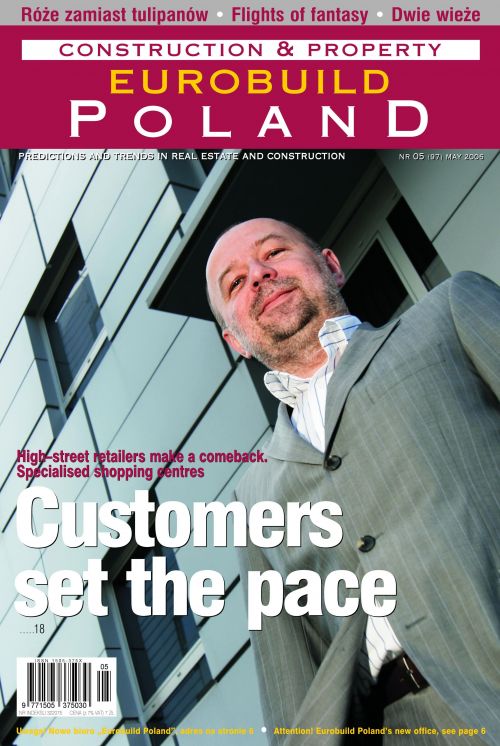Construction companies in Poland seem unwilling to be drawn on the subject of public sector building construction, with replies to questions about such contracts given through tight–lips. Marcin Gesing, director for communications and promotion for Mostostal–Polimex, puts it this way: “We try to construct various types of projects, starting with housing, through industrial and up to commercial investments, with public orders being very much a side–line. There is nothing wrong with tackling such contracts, but if we don’t it matters little.”The construction of a hospital, school or court house differs little in terms of the technology required and the difficulties involved from those of commercial investments. Public tenders do generate interest, but much depends on the size of the order, since large and lucrative jobs are few and far between. Despite all the grumbling, the best thing about pubic sector orders is that payment is guaranteed for the work done. Various things




























































